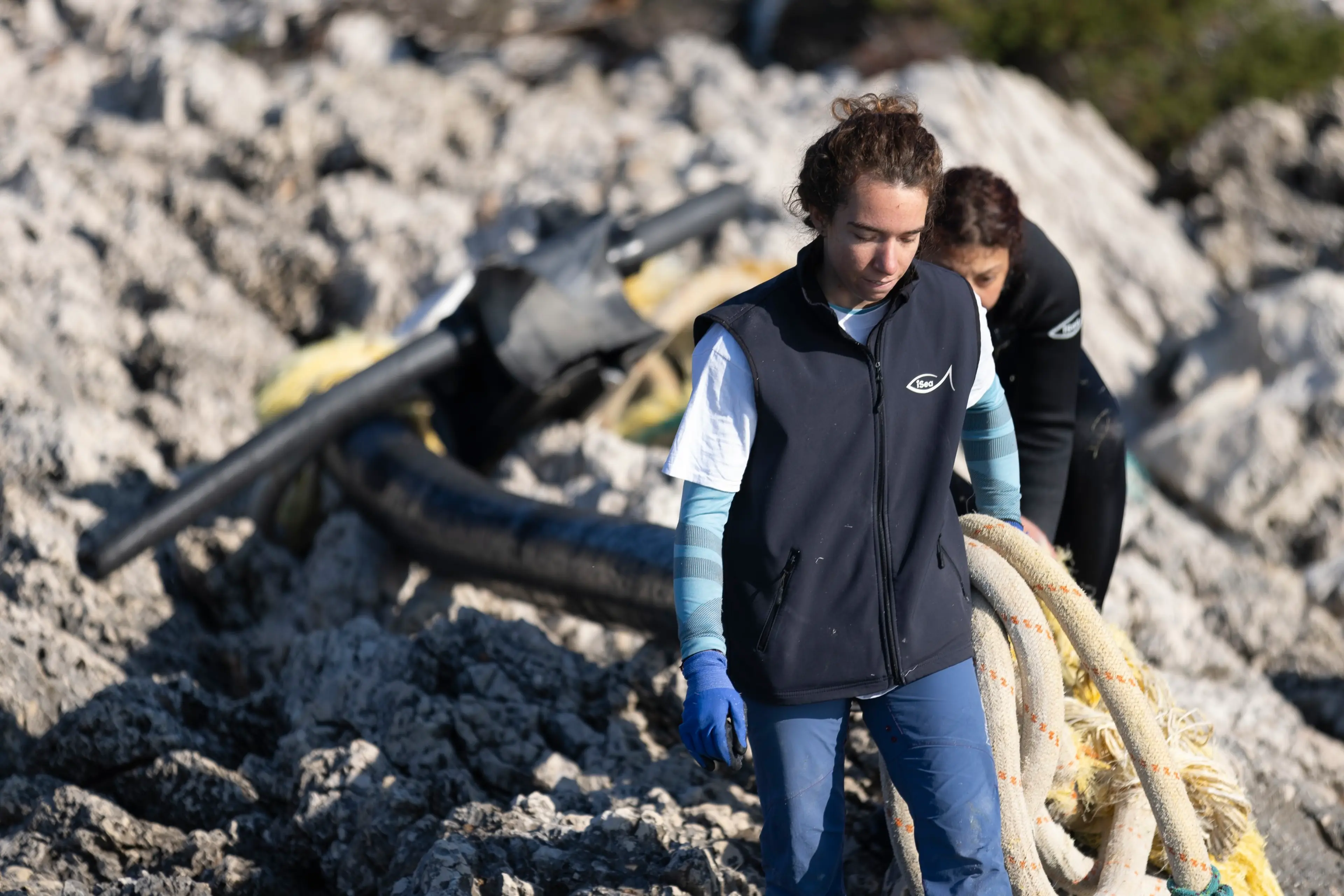
Zero-Waste Coastal Initiative, Greece
Info
Purchase type
By funding this project you are contributing to their work. You will receive impact reports and measurements but you won't receive a carbon credit.
Categories
Background
A project dedicated to reducing waste in aquatic ecosystems, particularly on Greek beaches. Through organised volunteer cleanups and public awareness campaigns, the project addresses the serious ecological, economic, and aesthetic consequences of beach litter, with a focus on single-use plastics.
Why did we choose this project?
Beaches are one of the main recipients of vast amounts of waste, a fact that has serious ecological, economic, and aesthetic consequences for coastal areas. The litter that ends up on the shores does not only affect their beauty—it degrades local economies, destroys marine ecosystems, and endangers both wildlife and human health. Today, more than 730 tons of waste end up in the Mediterranean every day, with Greek coasts suffering a significant impact. Over 60% of the waste found on the Greek shores consists of single-use plastics.
How does it work?
iSea organise volunteer beach cleanup events across Greece, collecting data on waste found during cleanups for research purposes. The beach clean ups involve zero-waste practices by using reusable and recyclable materials. They encourage participation from students, fishermen, businesses, and local authorities, which is one way they raise public awareness about the impact of beach litter.
Star fact
Over 60% of the waste found on Greek shores consists of single-use plastics
UN Sustainability Goals
Verified by Pinwheel
7 Mar 2025
Location
Greece